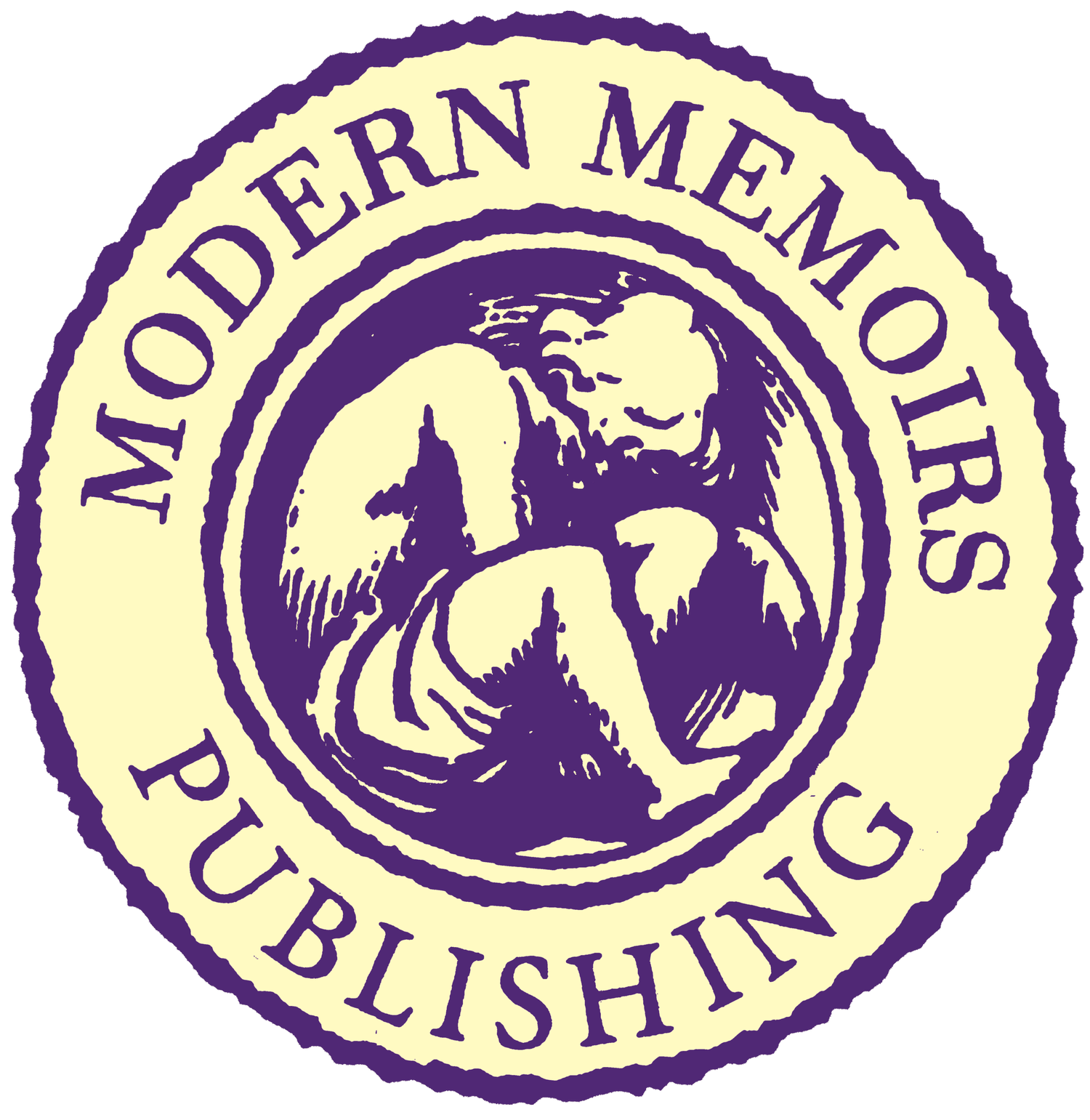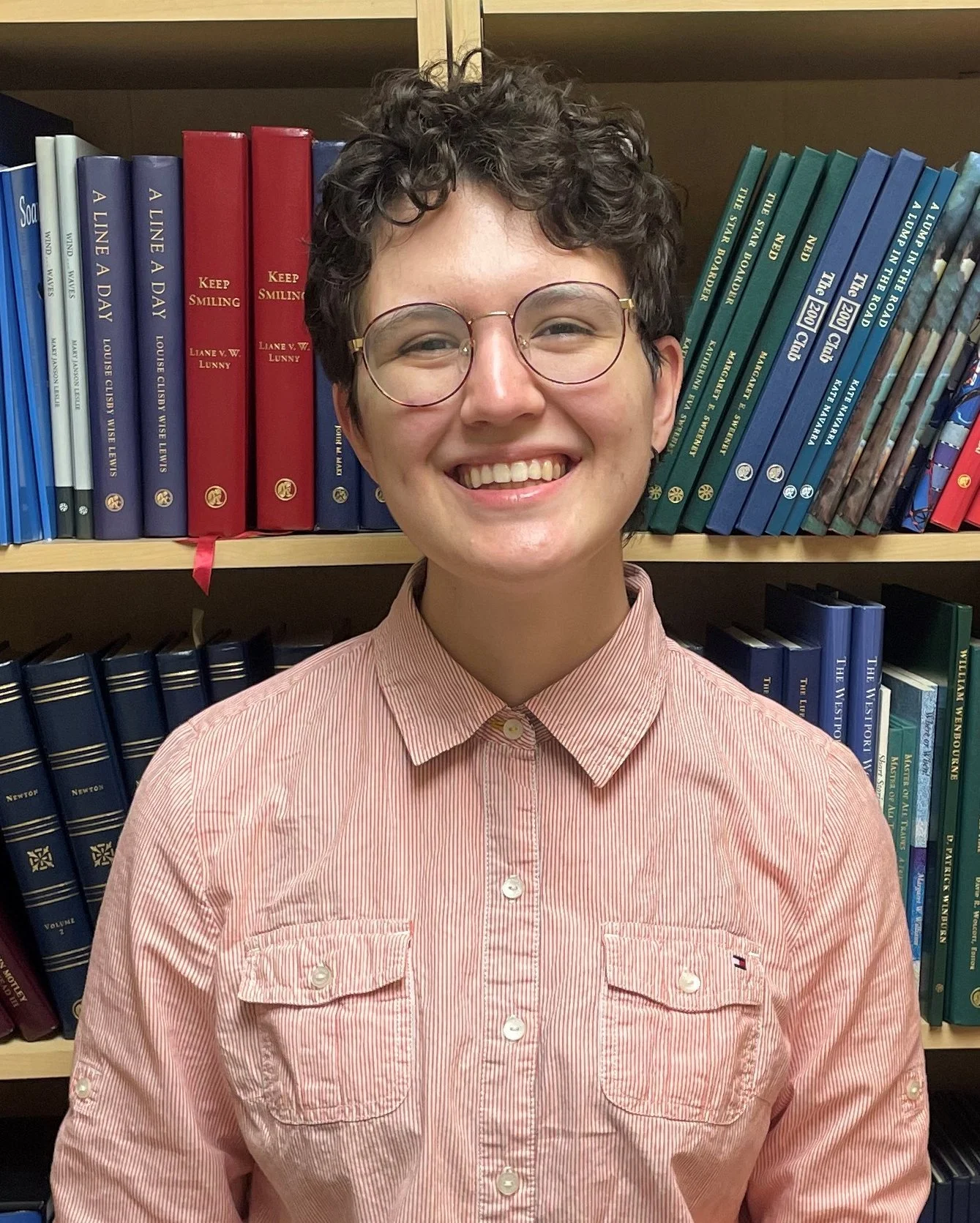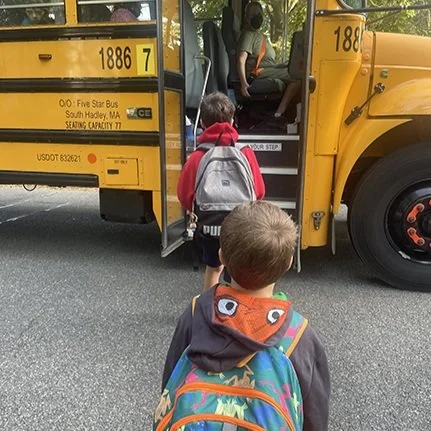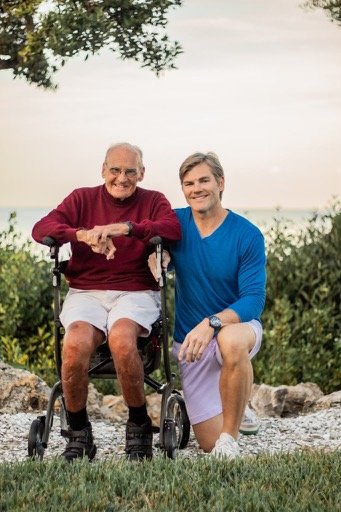A blog post by
Publishing Intern Olivia Go
My grandmother holds me while I am dressed in hanbok for Korean New Year, 2003
Every Monday, Wednesday, and Friday morning, I walk downstairs to the basement of Smith College’s Wright Hall, sit in the same exact seat, and prepare myself to be humiliated.
I am learning Korean for the first time.
Our very first lesson was the alphabet, and even that basic introduction to the language left me reeling.
ᅡ sounds like ah
ᅮ sounds like ooo
ᅥ sounds like oh, but so does ᅩ
ᅢ sounds like eh but so doesᅦ
ᄐ sounds like t but so does ᄄ
For the life of me, I just can’t understand why multiple characters sound exactly the same. Wouldn’t one character suffice?
I expected a learning curve, but at week eight, I could barely read, and I misspelled things all the time. I start to wonder, will I ever be literate in this language that I’ve heard my whole life?
* * *
My mom and grandmother were born in Korea, and as a child, I always heard them speak to each other in Korean. Over kimchi, jigae, and rice they would gossip about my brothers and me, about my dad, about my grandmother’s church friend who wore atrocious shoes. My mother and grandmother had a lot of disagreements, but this language bonded them to each other like a secret. Although I could make sense of only bits and pieces of their conversations, it was beautiful just to listen to them speak the language of our ancestry. To my ears, Korean was the language of two grown women. I saw my own future in their exchanges.
(Left to right) My mom, me, and my grandmother playing with gold jewelry, 2003
I grew up in Santa Clarita, California, the land of Six Flags, people who “want to speak to the manager,” and a truly absurd number of chain restaurants. I spent years of my schooling as the only Asian person in my classes, enduring torment from my classmates. Kids pulled back their eyes and talked at me using vaguely Asian-sounding fake words. I didn’t know how to respond. Was that what I looked like to them? When I opened my mouth to speak, was that how they thought I sounded?
My identity became tarnished by others’ ignorance. Nobody seemed to understand or see the beauty of my culture. Eventually, I lost sight of it myself. By the time I entered high school, I began to reject everything Korean. I refused to eat Korean food. I closed my ears to the language. I did not want to be associated with Korean people. I grew resentful of my mother and grandmother for representing a nation I wanted nothing to do with. They were constant reminders of my least favorite thing about myself.
* * *
Finally able to see the beauty in its brilliance, I’m reaching for it again, facing back toward light, and hoping it will rise to meet me.
For years, I turned my back on my Korean heritage. It felt like a beating, bright light I couldn’t bear to look at. That whole time, I couldn’t see it was the sun—essential to my very being. Finally able to see the beauty in its brilliance, I’m reaching for it again, facing back toward light, and hoping it will rise to meet me.
Part of me thought learning Korean would come as fulfillment of some sort of divine right, the words of my mother tongue unfurling out of me like a confession, phrases and sentences eager and ready to be spoken. But there is no divinity in this learning process. There is only honest, hard work—and anguish. I tell myself that’s how I know it’s important.
When I was small, my mom, grandmother and I would watch Korean dramas together. I couldn’t understand a word the actors were saying. All I knew was that there was always a man and a woman and they were in love. Spitting at the television, we would argue about which characters were handsome and which were not. Conversation died down when it was time for lunch. They would both shovel food onto my plate, giving me the best of everything, often hot purple rice, fried fish cake, salty roasted seaweed, and some sort of fruit—oranges, or Fuji apples, or persimmons. With eyes glued to the screen, my grandma would peel the fruit in one spiraling ribbon, a wizard with a paring knife. We would shamelessly smack our lips together as we ate, not a word between us except for the occasional grunt of approval.
마시서요. Delicious.
As my grandmother got older, she forgot more and more of her English. By the end of her life, we could no longer communicate with words. I wish I had started learning Korean sooner. I wish I hadn’t wasted so much time rejecting an unavoidable, precious part of myself. My grandmother was Korea to me. I miss her. I miss the place she and my mother created for me, an ocean away from where they were born. I am trying to find the words to go back.
Every Monday, Wednesday, and Friday morning I find myself wondering if my grandmother can hear me somehow as I sit, all the way down in the basement of Wright Hall, clumsily stumbling over the words,
미안해. Sorry.
사랑해요. I love you.
그렇지만 어려워요. But it’s hard.
저는시도해요. I am trying.
Olivia Go is the fall 2023 publishing intern for Modern Memoirs, Inc.





























